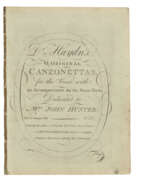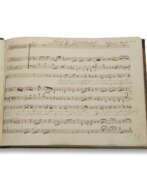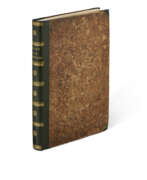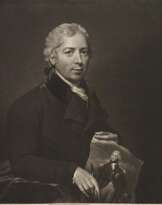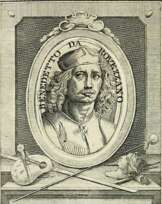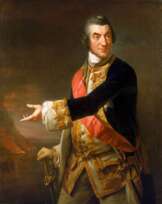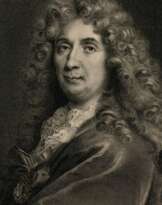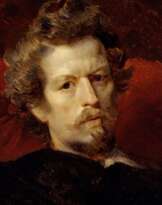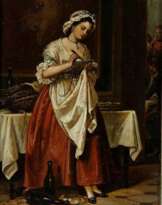Franz Joseph Haydn (1732 - 1809)
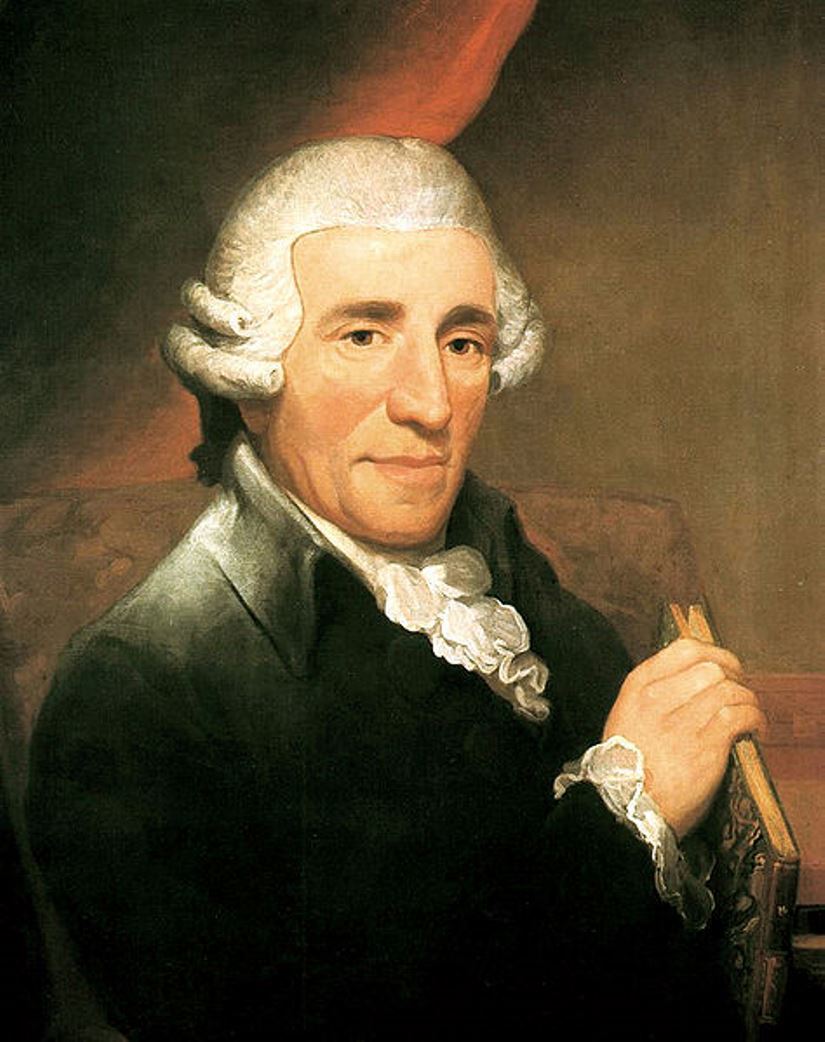
Franz Joseph Haydn
Franz Joseph Haydn was an Austrian composer of the classical school, who created the string quartet and symphony forms.
Haydn discovered unusual musical abilities very early, but the poverty of his family did not favor the development of his talents. He was a singer, interrupted earnings and engaged in musical self-education. Fate led young Haydn to Prince Pal Antal Esterhazy, whose wealthy and influential family of the Austrian Empire maintained his own orchestra. In 1766, Haydn became music director at the Esterhazy court and remained in that service for the rest of his life. In addition to his operas for the court, Haydn composed symphonies, string quartets and other chamber music. On one of his visits to Vienna, Haydn met Wolfgang Mozart, and their interactions brought many benefits to both great composers and musicians.
In the 1760s, Haydn's fame began to spread throughout Europe. In 1792, he met the young Ludwig van Beethoven and foreshadowed his greatest fame as a composer.
Haydn was an extremely prolific composer. He created 108 symphonies, many quartets, oratorios, sonatas, concertos, etc. As a true representative of the Enlightenment, Haydn was the most famous composer in Europe in the 18th century.
| Date and place of birt: | 31 march 1732, Rohrau, Austria |
|---|---|
| Date and place of death: | 31 may 1809, Vienna, Austria |
| Period of activity: | XVIII, XIX century |
| Specialization: | Composer |
| Art style: | Classicism |

